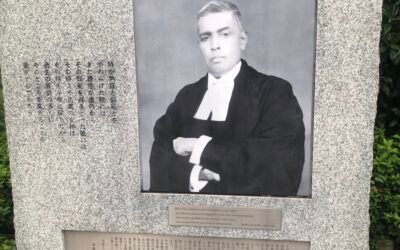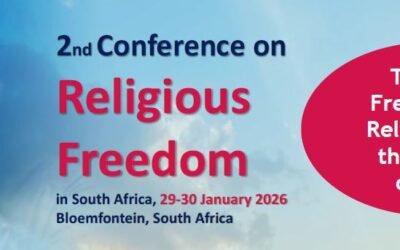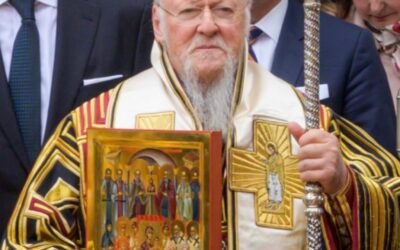Kim was awarded the Nobel Peace Prize for promoting democracy and human rights. He had a friendly relationship with Reverend and Mrs. Moon. His legacy should not be betrayed.
by Thomas J. Ward
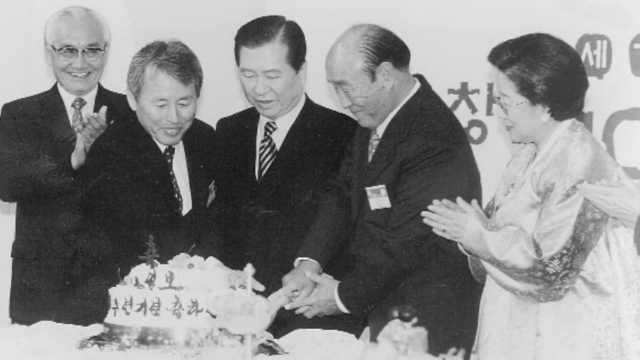
On March 18, 2010, at a special event held at the United Nations Headquarters in New York entitled “Honoring a Legacy of Peace at the United Nations,” Reverend Sun Myung Moon and his wife, Dr. Hak Ja Han, presided over a memorial ceremony recognizing eight historic figures who had passed away between 2007 and 2010. Among those honored was President Kim Dae Jung, a leading architect of Korea’s democracy and a pivotal figure in ending the era of military authoritarianism.
Kim served as President of the Republic of Korea from 1998 to 2003 and was awarded the Nobel Peace Prize in 2000 “for his work for democracy and human rights in South Korea and in East Asia in general, and for peace and reconciliation with North Korea in particular.” He passed away on August 18, 2009.
Kim’s struggle to establish a democratic tradition in Korea is well known. After seizing power in the wake of President Park Chung Hee’s assassination, General Chun Doo Hwan declared martial law and brutally suppressed a civilian uprising in Gwangju beginning on May 18, 1980—an event that claimed hundreds of lives. Kim, a longtime democratic opposition leader and vocal critic of authoritarianism, was accused on false pretenses of inciting the uprising and was sentenced to death by the Chun government. His life was spared only through international pressure, particularly from U.S. Presidents Jimmy Carter and Ronald Reagan.
Ironically, years later, when Chun himself was sentenced to death for unbridled human rights violations against dissidents, it was Kim Dae Jung—his former victim—who pleaded with President Kim Young Sam to pardon him in a spirit of national reconciliation. In the years that followed, President Chun grew to appreciate Kim. Three days before Kim Dae Jung’s death in August 2009, Chun visited him at Yonsei University’s Severance Hospital in Seoul and shared his fond recollections of the Kim presidency with Kim’s wife: “During his tenure, I was invited to the Blue House on about ten occasions and was able to stay on top of current affairs. After his overseas trips, President Kim invited former first couples and briefed us on his work. He also treated us to lavish dinners.”
President Kim Dae Jung’s capacity to transcend partisan biases for the sake of national unity did not go unnoticed by Dr. Hak Ja Han and Reverend Sun Myung Moon. With his 1982 release from prison and exile to the United States, Kim was recognized and welcomed by followers of Dr. Han and Reverend Moon in America (p.4 of hyperlink).
Kim Dae Jung was bold enough, as President, to visit the Seoul headquarters of the Unification Church-affiliated “Segye Ilbo” newspaper on February 1, 1999, to celebrate its tenth anniversary. He offered a fifteen-minute congratulatory speech and joined the Moons in the cake-cutting ceremony. Reverend Joong Hyun Park, who served as the Continental Director for the Family Federation for World Peace and Unification USA in 1999, described their relationship as “an interesting bit of history going back quite a few years between Father [Reverend Moon] and President Kim.” Some in America’s alternative press claimed that this connection had been in place since the 1980s.
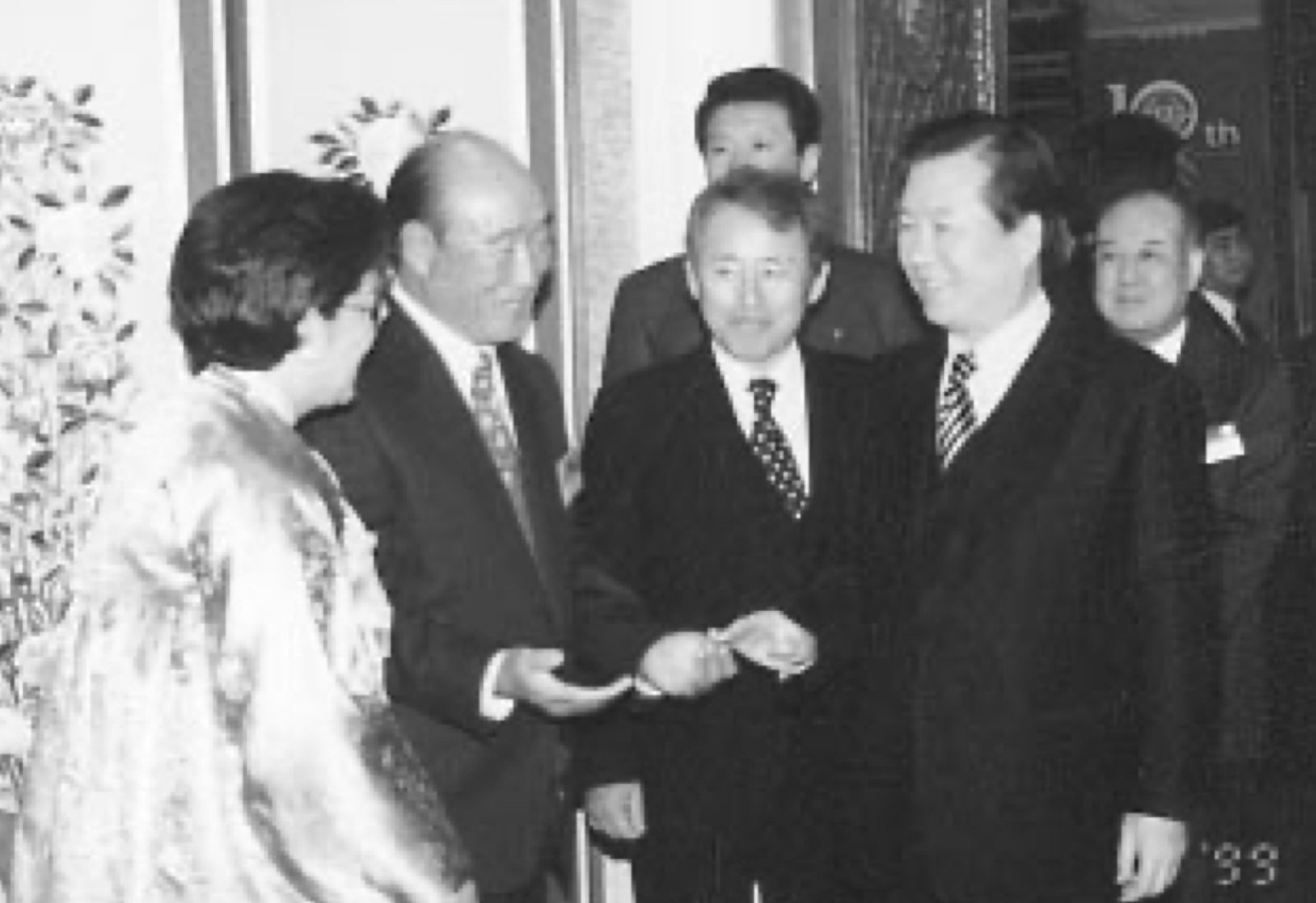
Kim Dae Jung not only attended the “Segye Ilbo” anniversary; his government also honored Julia Moon, the Moons’ daughter-in-law, with Korea’s Order of Cultural Merit in 1999 for founding and leading the Universal Ballet Company, Korea’s first world-class national ballet troupe. When Kim Dae Jung passed away in 2009, a member of the Moon family represented his parents and officially conveyed their condolences to the Kim family. This final gesture of respect epitomized their appreciation for him and their shared history of suffering, perseverance, and dedication to Korea’s progress.
The historical moments of dialogue and mutual respect between Kim Dae Jung and the Moons invite reflection on current developments in Korea. An investigation targeting Dr. Hak Ja Han, led by Special Prosecutor Min Joong-ki has raised legitimate concerns about political overreach. Critics argue that the prosecutor’s aggressive tactics, which may have contributed to the suicide of a public servant under interrogation, recall earlier eras of political repression.
Dr. Han reportedly underwent more than twenty-five hours of questioning before refusing further interrogation. The Special Prosecutor’s inquiry focused on alleged ties between Hak Ja Han and the 2024 Yoon Suk Yeol election campaign—accusations which Han has publicly denied. The 82-year old Mother Han has been detained for over a month in a cell with no natural lighting, no bed, no chair, and denied access to her wheelchair. Dehumanizing treatment of political prisoners contrasts sharply with the nuanced history of dialogue and reconciliation between reformers and marginalized organizations that Kim Dae Jung pioneered.
Special Prosecutor Min appears determined to take advantage of this final chapter of the existing current Korean Prosecution Service—a body long criticized as a tool of partisan politics due its power both to investigate and indict political opponents, and, in this specific case, to eviscerate former President Yoon Suk Yeol, his family, alleged allies, and apparently the People’s Power Party itself.
Today, South Korea faces two enduring challenges: the continuing threat from the North and the unresolved legacy of its own authoritarian past. Few could have imagined that a party once led—and still inspired—by Kim Dae Jung would now employ tactics reminiscent of those he spent a lifetime resisting.
Rather than weaponizing history, Korea must remember it—honestly and fully. Kim Dae Jung understood that democracy is not born in isolation; it is forged in coalition—between the secular and the spiritual, between the incumbent and the loyal opposition, and the magnanimity that Kim Dae Jung demonstrated, to forgive and forget. That legacy is more vital today than ever.
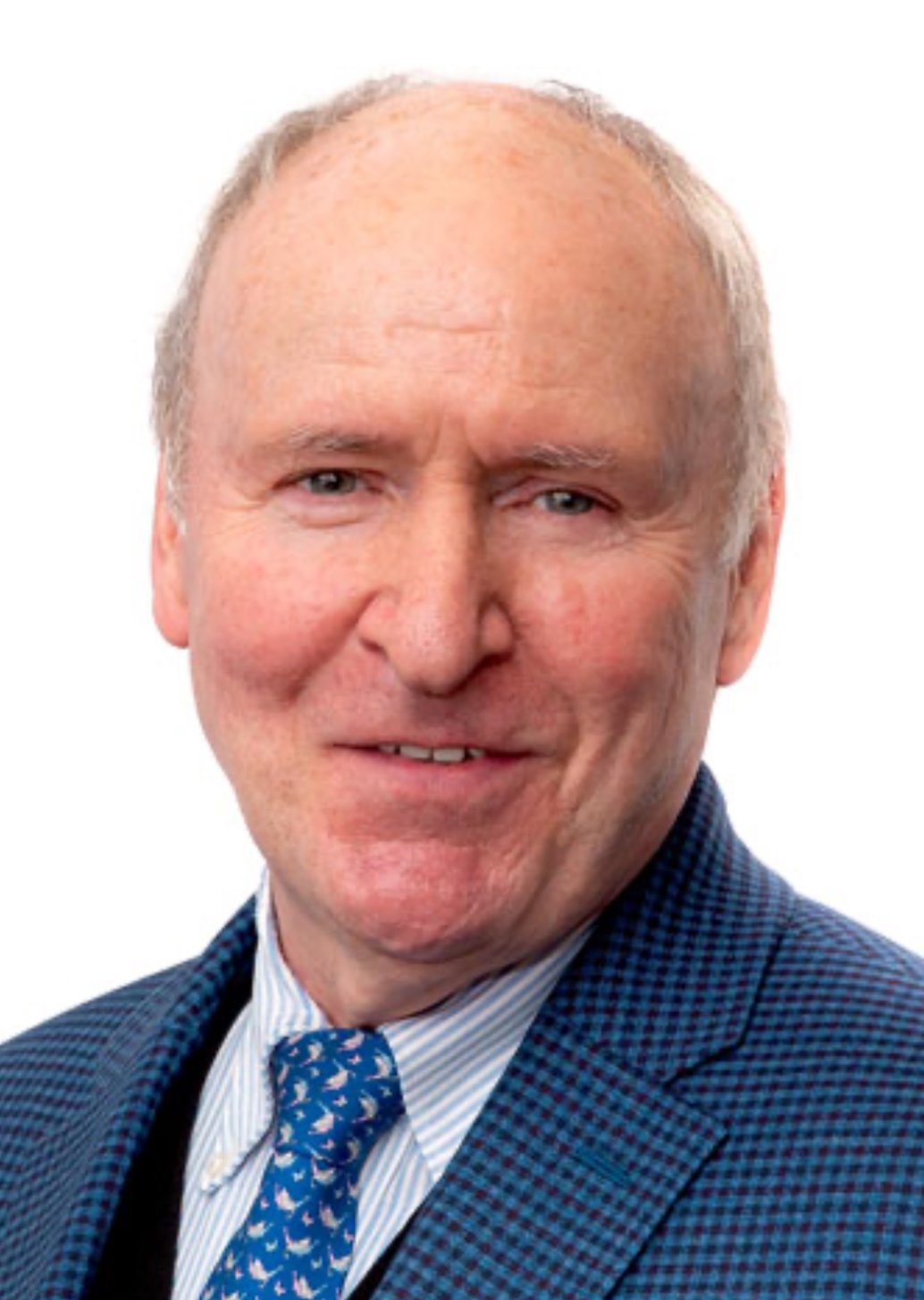
Thomas J. Ward, a Unificationist for more than fifty years, is Professor of Peace and Development Studies at HJ International Graduate School for Peace and Public Leadership. He previously served for eighteen years as Dean of the College of Public and International Affairs at the University of Bridgeport. A Fulbright alumnus, his work has been published inter alia by “East Asia Quarterly,” “E-International Relations,” and “The Journal of CESNUR.”

